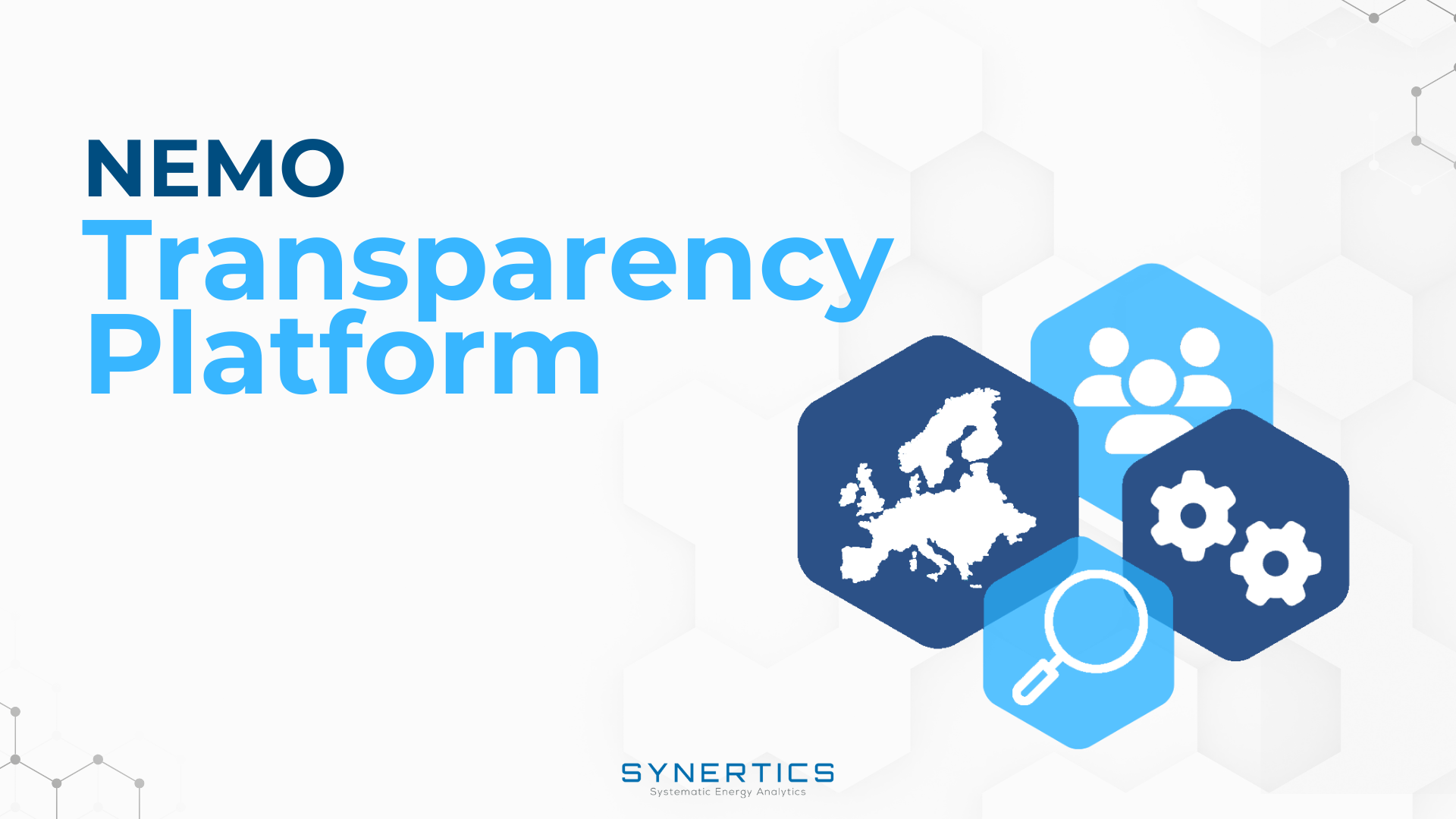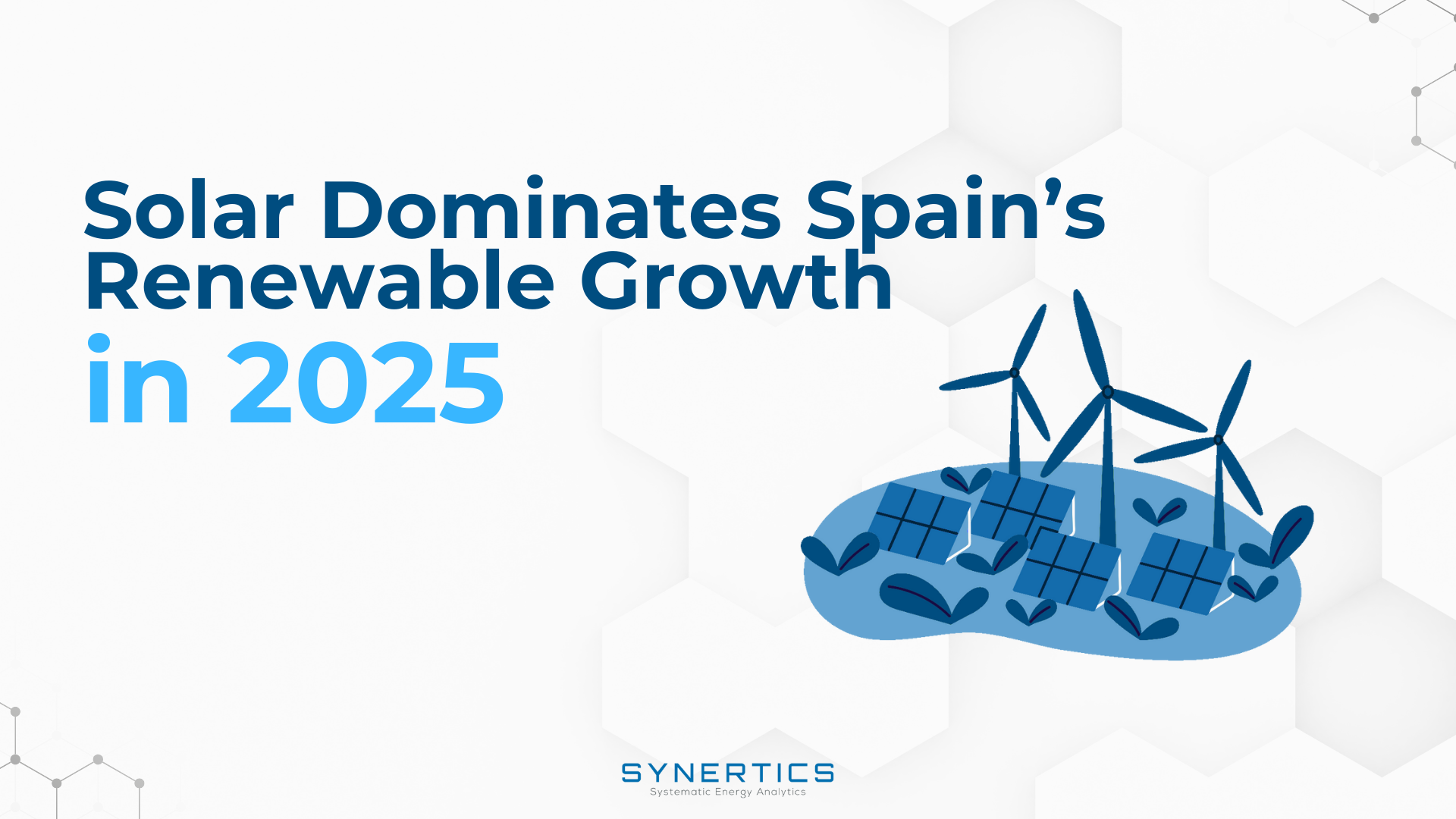Join us on our journey towards renewable energy excellence, where knowledge meets innovation.
As Europe accelerates its shift toward a decarbonised energy system, battery energy storage systems (BESS) are playing an increasingly vital role in supporting grid flexibility, stability, and the integration of renewables. However, the pace and scale of deployment often depend on the regulatory environment, and in recent weeks, several European countries have introduced key policy updates that could significantly impact the storage landscape. From Spain’s sweeping reforms to Romania’s tax overhaul and Germany’s controversial grid fee ruling, these developments highlight both the progress and persistent challenges facing BESS across the continent.

Germany’s Top Court Upholds High BKZ Fees for Battery Storage Projects
On 15 July 2025, Germany’s Federal Court of Justice confirmed that BESS can be charged with the Baukostenzuschuss (BKZ). The BKZ is a fee charged by grid operators, either distribution system operators (DSOs) or transmission system operators (TSOs), to any asset that draws a significant amount of power from the grid. It must be paid before or during construction to help cover the cost of necessary grid infrastructure upgrades or expansions.
Network operators may continue applying the BKZ to BESS projects, provided they do so transparently and without discrimination, but they are not strictly obliged to do so. According to the Federal Court (BGH), operators have discretion to apply reduced BKZ rates for storage systems.
However, developers and operators of BESS must still treat the BKZ as a general, non-negotiable cost element for grid connection, based on the specific fees set by the respective network operator. For example, for a high-voltage connection of 1.724 MW, the total BKZ fees could amount to €189,640 (approximately €110,000 per MW) with Mitnetz Strom GmbH in Eastern Germany, or €284,822 (around €165,000 per MW) with SWM Infrastruktur GmbH & Co. KG in the City of Munich. For very large BESS projects above 100 MW, total BKZ costs can run into the tens of millions of euros, depending on the grid operator and location.
Unlike traditional power generation assets like solar or wind farms, battery storage systems are classified as electricity consumers under this policy. Many in the industry have challenged this classification, arguing that their grid usage patterns are more aligned with generation assets than with end consumers.
Despite this legal setback, Germany’s battery storage market continues to grow and is expected to become the largest in Europe. Still, many developers warn that high upfront costs like the BKZ could slow down investment and limit the sector’s full potential in supporting the energy transition.
On July 8, 2025, Romania’s Energy Regulatory Authority (ANRE) approved a major reform to eliminate double taxation on BESS, a move expected to accelerate the country’s clean energy transition and improve grid stability.
Previously, electricity that was stored and then fed back into the grid was taxed twice, first when it was drawn from the grid and again when it was re-injected. This outdated rule created a significant financial barrier to the development of storage projects.
Under the new regulations, electricity discharged from storage will now be exempt from key grid-related fees, including:
However, self-consumption by storage facilities (including technical losses) remains ineligible for the tax relief.
To ensure transparency and coordination, grid operators will now be required to regularly report energy storage data, and a unified management framework will be introduced for all BESS operators across the country.
The new rules are expected to unlock large-scale investments in battery storage, with Romania targeting the deployment of 5 GW of energy storage capacity by the end of 2026.
On June 25, Spain published Royal Decree-Law 7/2025, a new regulation designed to strengthen the resilience of the national electricity grid. The law is a direct response to the major power outage on April 28, 2025, which exposed key vulnerabilities in the system. This package of measures not only tackles the urgent challenges revealed by the blackout but also introduces a long-awaited operational framework that many in the energy sector see as essential for modernising and stabilising Spain’s electricity infrastructure.
One of the most important changes is how the law treats energy storage: it is now officially recognised as a public utility, which means storage projects can use compulsory purchase rights (the ability to acquire land even if the owner doesn't want to sell) and easement procedures (the right to use or access someone else’s land for infrastructure purposes). Its access is also enabled from the demand-side perspective, and preferential treatment in redispatch is established.
The law also simplifies permitting for hybrid projects that combine generation and storage. Previously, adding a battery to a power plant meant adding its capacity to the generation total, which often triggered a lengthy re-approval process. Now, only the capacity of the shared inverter, the device that controls how much power can be sent to the grid, is counted. This clarification reduces regulatory hurdles and speeds up project development.
Storage is also given a more active role in the electricity market. It can now participate in balancing and ancillary services, just like traditional power plants. This is a big step forward because it means storage is no longer just a backup for renewables but can be a full player in the system. Another new measure is that storage projects can now apply for grid access both as producers and consumers, which helps stand-alone storage projects to connect more easily.
These recent regulatory shifts reflect a growing recognition of the strategic importance of battery storage in Europe’s energy transition. While Spain and Romania are moving to remove barriers and encourage investment, Germany’s court ruling underscores how policies can still hamper progress. As more countries refine their frameworks, the outlook for BESS remains promising, but realising its full potential will require consistent storage-friendly regulations.
Sources:
https://www.energy-storage.news/romania-supports-energy-storage-regulator-ends-double-taxing/
https://strategicenergy.eu/royal-decree-law-storage-redes-y-renovables/

Insights
22nd Jan, 2026

Insights
12th Jan, 2026

Insights
12th Jan, 2026